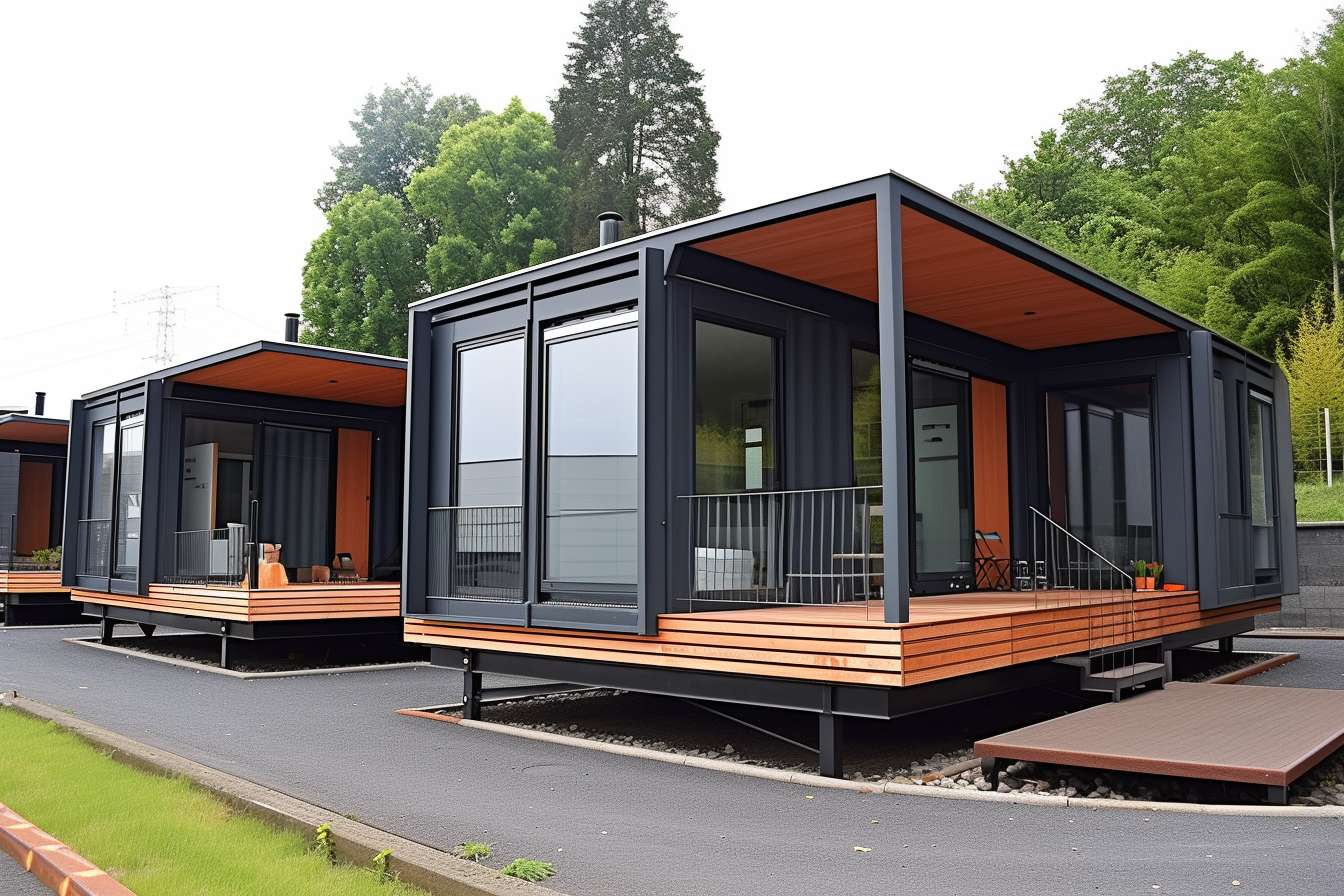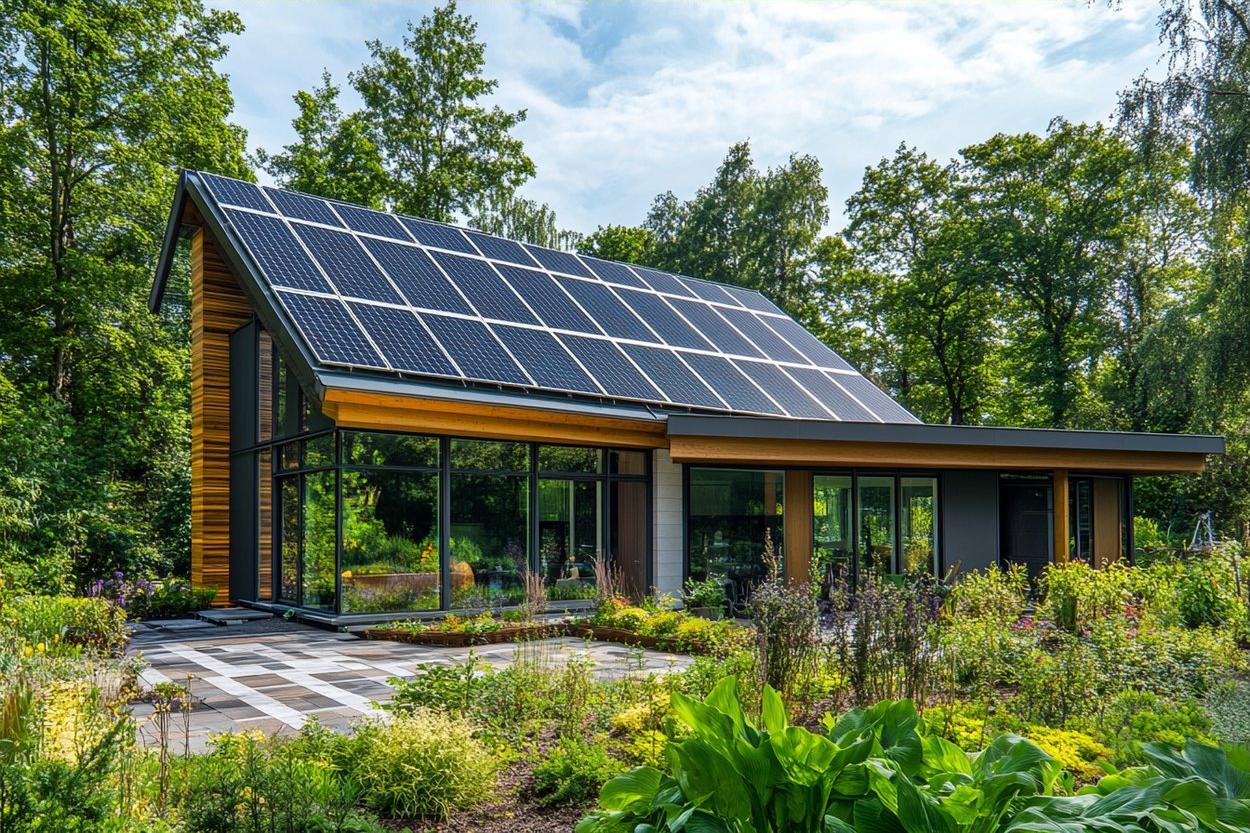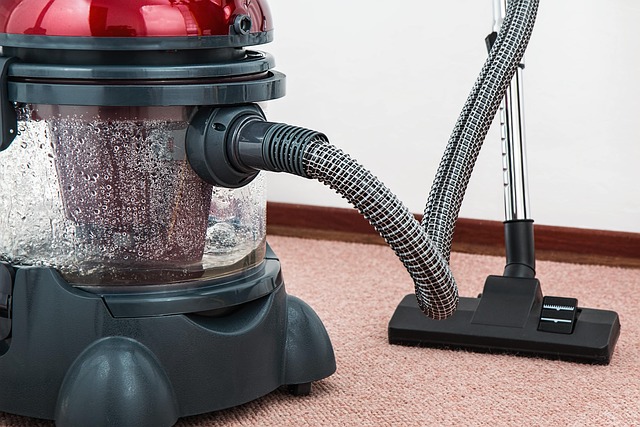Granny Pods: Your Guide to Backyard Living Solutions
Granny pods offer a smart solution for keeping loved ones close while giving them privacy and independence. These compact backyard homes include essential amenities and are designed for aging in place. See the type of granny pods that best suits your needs.

What Are Granny Pods and How Do They Work?
Granny pods, also known as accessory dwelling units (ADUs) or mother-in-law suites, are small, self-contained living spaces designed to house elderly family members on the same property as their adult children. These structures typically range from 300 to 1,200 square feet and include essential amenities like a bedroom, bathroom, kitchenette, and living area.
Modern granny pods often incorporate smart home technology, medical monitoring systems, and accessibility features such as wider doorways, grab bars, and wheelchair-accessible layouts. They’re designed to promote independent living while ensuring help is nearby when needed. Many units can be customized with medical equipment connections, emergency response systems, and climate control features tailored to seniors’ health needs.
Types of Granny Pods Available Today
Several types of granny pods cater to different needs, budgets, and property requirements. Permanent structures are built on foundations and offer the most customization options, resembling traditional small homes with full utilities and high-end finishes. These units typically provide the best long-term value and can increase property values.
Modular granny pods arrive pre-built and are installed on-site, offering faster setup than permanent construction. These units maintain quality while reducing installation time and often cost less than custom-built options. Mobile or portable units provide flexibility for families who may need to relocate or aren’t ready for permanent installations.
High-tech medical pods represent the premium category, featuring advanced monitoring systems, automated medication dispensers, fall detection sensors, and direct communication links to healthcare providers. These specialized units cost more but provide enhanced safety features for seniors with significant health concerns.
Cost of Granny Pods: Investment Breakdown
The cost of granny pods varies significantly based on size, features, and installation requirements. Basic portable units start around $40,000 to $80,000, while high-end permanent structures can exceed $200,000. Installation costs, permits, utility connections, and site preparation add additional expenses that families should budget for when planning their investment.
Several factors influence pricing, including local building codes, foundation requirements, utility hookups, and customization levels. Medical-grade features, smart home technology, and accessibility modifications increase costs but provide valuable benefits for aging in place. Many families find that granny pod investments compare favorably to assisted living facility costs over time.
| Provider | Pod Type | Size Range | Cost Estimation |
|---|---|---|---|
| Backyard Pods | Modular Units | 400-800 sq ft | $75,000-$150,000 |
| Granny Pods USA | Medical Pods | 300-600 sq ft | $85,000-$180,000 |
| Pod Homes | Custom Built | 500-1200 sq ft | $120,000-$250,000 |
| N2Care | High-Tech Medical | 400-700 sq ft | $150,000-$300,000 |
| Studio Shed | DIY Kits | 200-800 sq ft | $35,000-$120,000 |
Prices, rates, or cost estimates mentioned in this article are based on the latest available information but may change over time. Independent research is advised before making financial decisions.
Legal Requirements and Zoning Considerations
Before installing granny pods, families must research local zoning laws, building codes, and permit requirements. Many municipalities have specific regulations governing accessory dwelling units, including size restrictions, setback requirements, and occupancy rules. Some areas require the primary homeowner to live on the property, while others have restrictions on renting ADUs to non-family members.
Permit processes vary by location and can take several weeks to months for approval. Working with experienced contractors familiar with local regulations helps ensure compliance and smooth installation. Some regions offer expedited permitting for senior housing solutions or have relaxed ADU restrictions to address housing shortages.
Benefits and Practical Considerations
Granny pods provide numerous advantages for multi-generational families, including reduced caregiving stress, maintained family connections, and cost savings compared to assisted living facilities. Seniors retain independence while having immediate access to help during emergencies or daily challenges.
Property owners may see increased home values from well-designed ADUs, and units can serve multiple purposes over time, such as guest houses, rental properties, or home offices. However, families should consider ongoing maintenance responsibilities, utility costs, and the emotional adjustment period for all family members sharing the property.
The decision to install a granny pod requires careful planning, open family communication, and realistic expectations about caregiving roles. When implemented thoughtfully, these innovative housing solutions strengthen family bonds while providing practical benefits for aging loved ones who want to maintain their independence.




